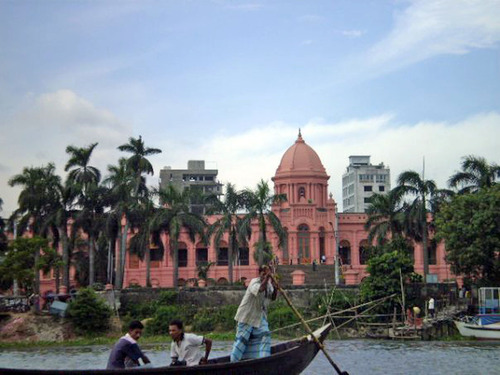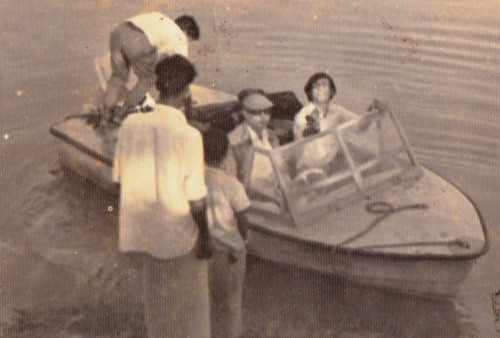By Yusra Askari
I may never have visited Dacca (as my father still chooses to spell it) until very recently, but my affiliation with the city is genetic. The birthplace of my father, grandfather and many generations before them, which till before 2009 was only known to me through stories narrated by family members and treats of ‘aam sath’, ‘bakar khani’ and ‘muri’ flown across.
In the events leading up to December 1971, my family home in Dacca was torched by an angry, politically motivated mob on the 16th of February 1969. The fire was fuelled by the petrol from the family cars parked on the drive way. Today all that remains of the ‘Twin House’ are memories and the walled piece of land where it once stood.
I must admit, I did arrive in Dhaka fielding some resentment. My father’s hometown was no longer his home but just the city of his birth as stated on his passport. However, as I left the airport, the stories of Dacca I grew up with seemed to come alive; each landmark familiar and the city welcoming.
Over the course of my week-long stay, I realized that Dacca, like my father, had reconciled with and moved beyond the events of December 1971. The city, though firmly imbedded in its roots, didn’t take nationhood for granted.
My visit to ‘Ahsan Manzil’ on the banks of Buriganga, the very grounds where my great great grandfather, Nawab Sir Salimullah, initiated the struggle for Pakistan, embodied the very essence of my journey to the fatherland. ‘Ahsan Manzil’, where both the idea of Pakistan and my father were born, is no longer the property of the family or Pakistan but of the now 40-year-old state of Bangladesh. Lesson learnt: borders may change, new countries may come into being but history stands. What we choose to take away from it is what counts.


